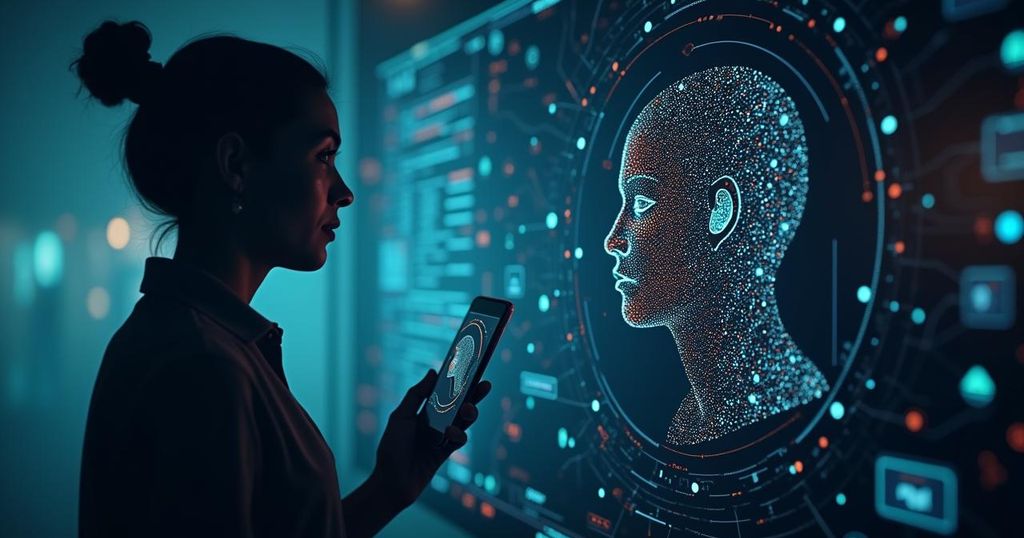Singapore’s Seventh Sense has unveiled a digital identity system utilizing SenseCrypt technology that maintains user privacy with biometric verification. It generates SensePrints, which are QR codes enabling both online and offline verification while ensuring no biometric data is stored. With a 0% false acceptance rate and a robust range of features including document signing and decentralized functionality through blockchain, this technology represents a significant leap in secure digital identity management.
Seventh Sense, a startup based in Singapore, has launched a cutting-edge digital identity solution that focuses on preserving user privacy through biometric verification methods. The core of this innovation lies in its SenseCrypt technology, which integrates facial biometrics alongside public key infrastructure (PKI) and post-quantum cryptography, bolstered by SSL standards. The digital identities produced by SenseCrypt are referred to as SensePrints, comprised of encrypted raw data capable of being represented in various forms, including QR codes on physical documents or through storage in NFC chips and databases. These QR codes facilitate both online and offline identity verification while ensuring that they do not hold any biometric data themselves. Instead, biometric data—specifically the eID owner’s facial characteristics—is utilized solely to decrypt relevant credential attributes. In practical use, a biometric and liveness test are conducted for each transaction. Remarkably, the Face PKI system enables transaction validation without any need to retain or process biometric information, enhancing user privacy. A demonstration revealed to Biometric Update at Identity Week showcased the system’s proficiency in active liveness detection. Seventh Sense reports an impressively low false acceptance rate (FAR) of 0, paired with a false rejection rate (FRR) under 1%, while allowing for credentials to be revoked or renewed as necessary. The technology guarantees unlinkability, meaning it remains impossible to trace two SensePrints back to a single individual. Additionally, Face Certificates can be generated for a variety of applications, such as account logins and Know Your Customer (KYC) processes, with users capable of creating multiple certificates as needed. The system offers a range of capabilities including group verification through a single SensePrint, document signing functionality, password-free logins, and support for multi-factor authentication. To enhance the flexibility of digital identity management, the SenseCrypt DLT Protocol facilitates a decentralized ecosystem driven by digital identity wallets and blockchain technology. Last year, Seventh Sense submitted its facial biometrics algorithm for evaluation to the National Institute of Standards and Technology (NIST) in a one-to-one assessment.
The emergence of digital identity technologies reflects an increasing need for secure and privacy-centric verification methods in various sectors such as finance, healthcare, and e-commerce. Companies are seeking solutions that can authenticate users without compromising sensitive biometric data. Traditional methods can expose security vulnerabilities, while newer systems like Seventh Sense’s approach aim to provide robust identity protection through innovative technologies such as PKI and post-quantum cryptography.
Seventh Sense’s introduction of privacy-preserving digital identity tools offers a significant advancement in how biometric verification can be utilized. With its unique SenseCrypt technology, the solution not only secures user data but also enables efficient and versatile identity management. This blend of privacy, security, and practicality positions Seventh Sense at the forefront of biometric technology innovation.
Original Source: www.biometricupdate.com





